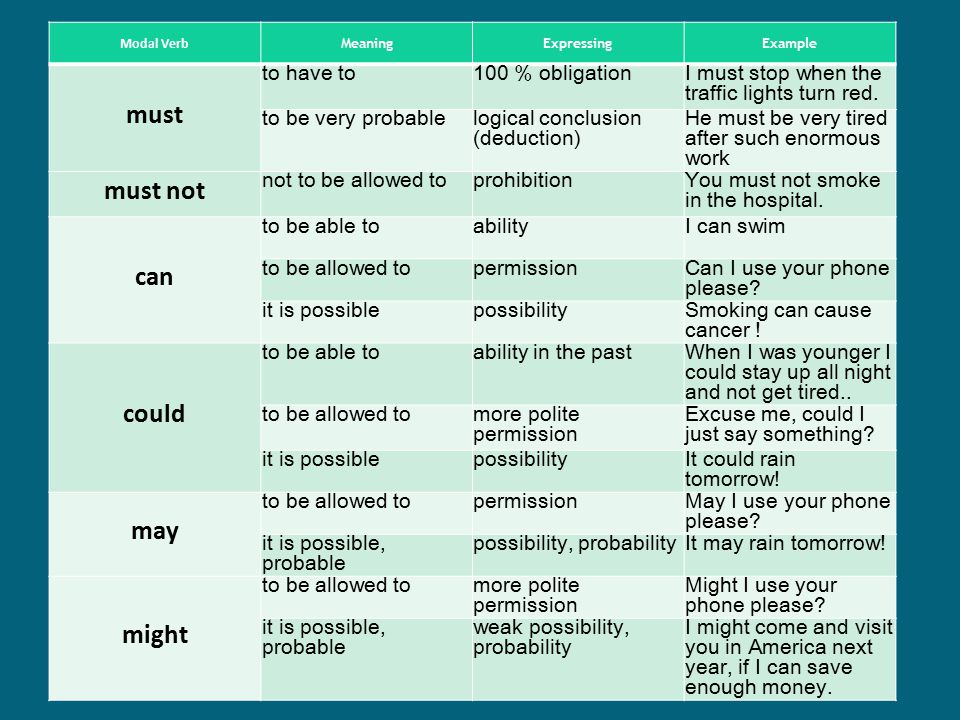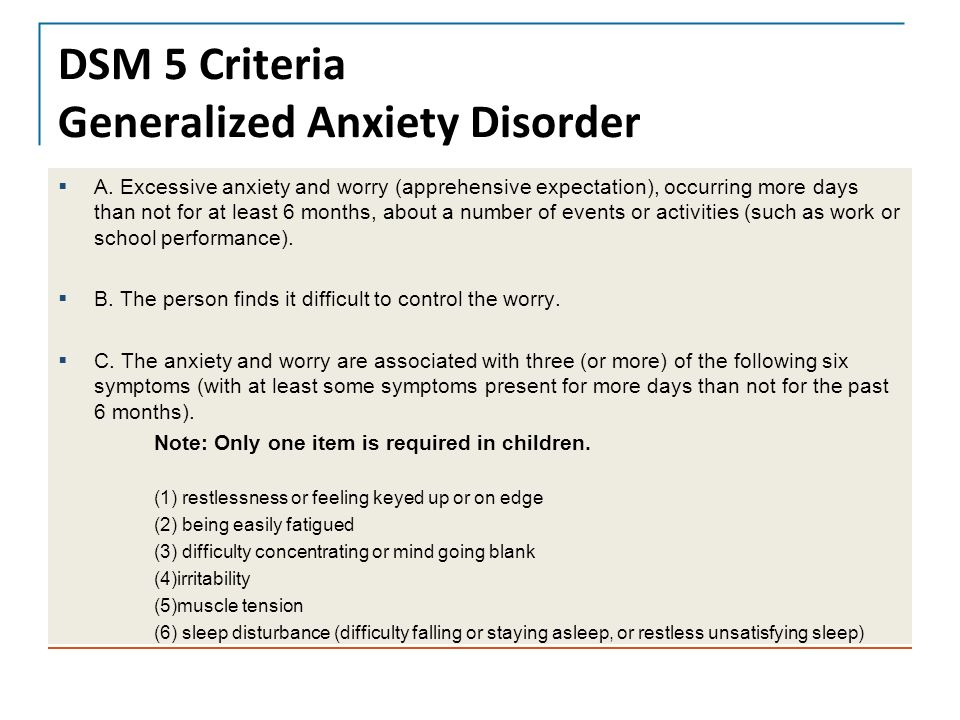Can you get vertigo from stress
Can Vertigo be Caused by Stress?
Stress can have a dramatic impact on our physical health, triggering all sorts of symptoms and making many medical conditions worse. One issue that is often attributed to stress is vertigo, but is it really true that being stressed could cause this symptom?
What is Vertigo?
The term vertigo refers to the sensation that you or your surroundings are spinning or tilting, even though everything is actually stationary. It can make you feel sick, dizzy and unbalanced. The symptoms may only last for a few seconds but can last for days at a time.
Vertigo is a symptom that can happen for many different reasons. Sometimes it can be linked to an underlying condition such as a heart arrhythmia or blood pressure problems. It can also be caused by conditions affecting the balance structures in the inner ear, including infections and Meniere’s disease. However, there isn’t always a physical cause for vertigo. Sometimes it seems to be linked to our emotions instead.
How Can Emotions Trigger Vertigo?
The physical causes of vertigo can trigger this symptom by interfering with the balance organs in the inner ear or by affecting the blood supply to your brain, which can make you feel lightheaded and dizzy. Emotional triggers can cause vertigo in a slightly different way.
You may have heard of the flight or fight response, which is triggered by stressful, worrying or frightening situations. It happens because our adrenaline levels go up in response to these types of situations. Adrenaline activates the autonomic nervous system, which prepares our bodies to run away or fight back if we need to. It speeds up our heartbeat and breathing, dilates our eyes and makes us more alert. It can also cause unpleasant side effects such as unsteadiness, dizziness and vertigo.
You can experience these effects if you’re feeling stressed, anxious or depressed. These emotions can trigger the symptoms of an underlying issue such as an inner ear condition, but they can also cause vertigo by themselves.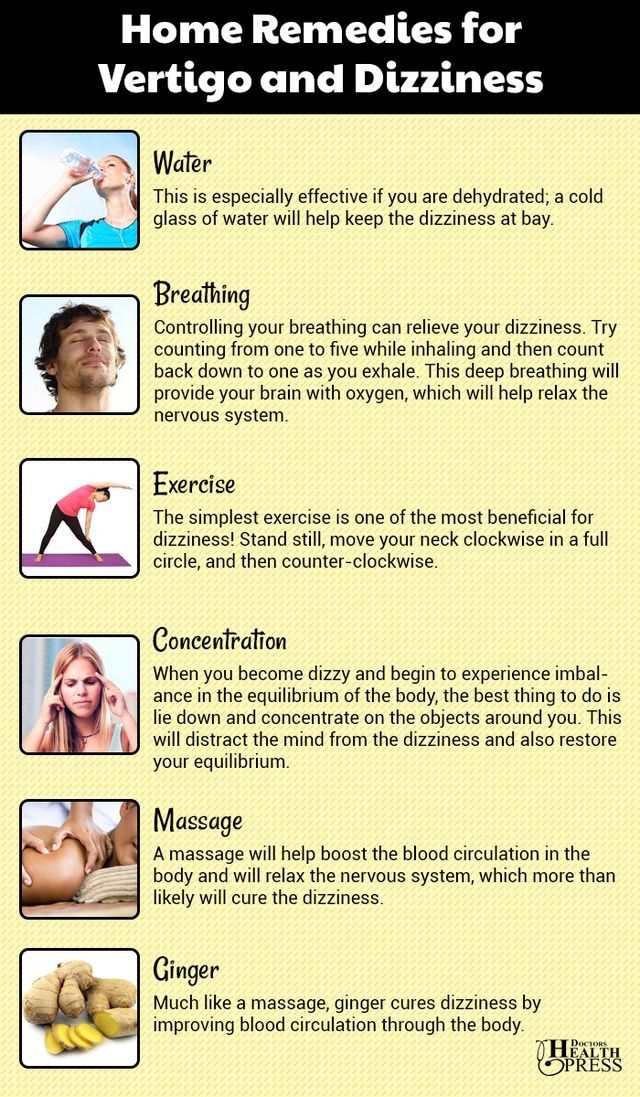
What Can You Do?
If you’ve been experiencing vertigo frequently, it’s very severe, or it doesn’t go away then you should see an ENT specialist. The doctor will check for any underlying causes and recommend treatment if necessary.
You can also take steps to reduce and manage your stress. This should help whether the vertigo is entirely stress-induced or if there is an underlying condition that is being triggered by stress.
- Try to eliminate sources of stress if you can, for example by taking more time off to relax or asking your family to help out more at home
- Make sure that you’re getting plenty of sleep as tiredness can take a big toll on your mental and emotional wellbeing
- Eat well and exercise regularly as good health can improve your mood as well as your physical wellbeing
- Relieve stress by talking about it, enjoying a warm bath, doing an activity you find fun, or using relaxation techniques such as mindfulness or meditation
- See your GP if you’re feeling very stressed, anxious or depressed
Request an Appointment
Can Stress Cause Vertigo? Risk Factors, Treatment, and Prevention
Vertigo refers to a type of dizziness that gives you the sensation that you or the world around you is spinning. It isn’t a medical condition but a symptom of other conditions that range from viral infections to the formation of calcium carbonate crystals in your inner ear.
It isn’t a medical condition but a symptom of other conditions that range from viral infections to the formation of calcium carbonate crystals in your inner ear.
About 5 percent of American adults experience vertigo, and many people notice it when they’re feeling stressed or anxious. Even though stress doesn’t directly cause vertigo, it can contribute to dysfunction of the part of your inner ear that controls balance, called your vestibular system.
Let’s examine how stress and anxiety contribute to vertigo. We’ll also look at other conditions that cause vertigo and when you should see a doctor.
Stress and anxiety can contribute to dysfunction of your vestibular system. Dizziness or vertigo can occur if any part of this system is impaired.
Vestibular system
In about 85 percent of cases, the cause of dizziness originates from the vestibular system.
Your vestibular system refers to the organ in your inner ear that controls your balance. It’s made up of three semicircle-shaped canals filled with fluid and tiny hairs.
As you turn your head, the hairs can detect which direction the fluid is moving and your brain can use this information to determine what direction your head is facing.
Beneath these canals are two similar organs called your utricle and saccule that are also filled with fluid and hairs and detect acceleration. The information from both sets of organs is sent to your brain via the vestibular nerve.
Stress and vertigo
Elevated levels of stress hormones including cortisol can negatively impact the transmission of neural information from your vestibular system to your brain. It’s thought that these hormones may disrupt ion channels in your nerves and neurotransmission in your brain.
Your body also releases other chemicals including histamine and neurosteroids when you’re stressed that may indirectly impair neurotransmission between your vestibular system and your brain.
Anxiety and vertigo
When you chronically feel anxious, your body’s level of cortisol and other stress hormones remain elevated and negatively impact your vestibular system.
A 2016 retrospective study looked at 7,750 people with anxiety disorder and an equal number of people without it.
After 9 years of following the participants, the researchers found that people with anxiety disorders were 2.17 times more likely to develop benign paroxysmal positional vertigo (BPPV), the most common type of vertigo, than people without anxiety disorders.
Some people may experience sudden vertigo when faced with the trigger of their anxiety. For example, somebody with social anxiety may experience dizziness when forced to be in a crowded room or a nervous driver may start to see the world spinning when navigating through heavy traffic.
Anxiety and vertigo can have the opposite relationship, too. Stimulation of the vestibular system and worrying about experiencing vertigo can cause anxiety.
Common signs of vertigo
The terms vertigo and dizziness are often used interchangeably. However, dizziness refers to a general feeling of being off balance.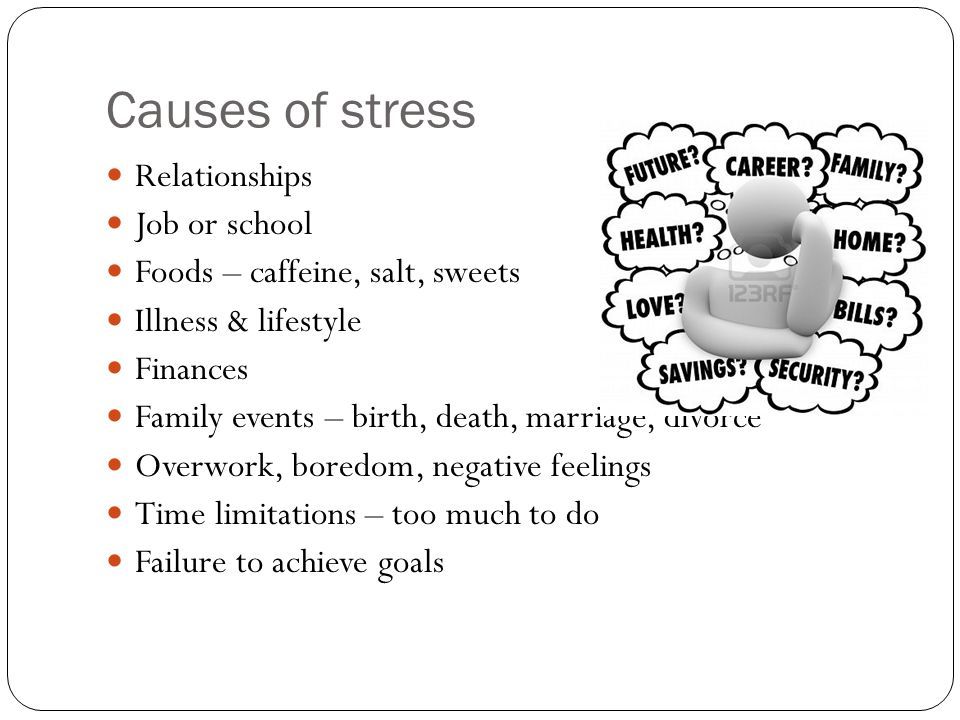 Vertigo is a specific type of dizziness that makes you feel as if you or your surroundings are spinning when they’re not.
Vertigo is a specific type of dizziness that makes you feel as if you or your surroundings are spinning when they’re not.
Common symptoms that often accompany vertigo or dizziness include:
- unsteadiness
- lightheadedness
- faintness
- headaches
- nausea
- vomiting
- tinnitus
- hearing problems
- poor coordination
- difficulty seeing while moving
- abnormal eye movements
The best way to prevent stress-induced vertigo is to try to minimize stress in your life. You may find the following methods can help you relieve stress:
- listening to calming music
- scheduling time for things that make you laugh
- meditation
- light exercise
- talking about the stressful situation with a friend or family member
If you’re already experiencing stress-induced vertigo, it’s a good idea to take steps to relieve stress as soon as possible before symptoms get worse.
The following healthy habits may also help alleviate symptoms:
- minimize caffeine, alcohol, or tobacco use
- stay hydrated
- sit or lie down until you feel better
- see a doctor if the vertigo is severe or long-lasting
Psychotherapy may be an effective treatment option if you’re experiencing vertigo symptoms due to anxiety.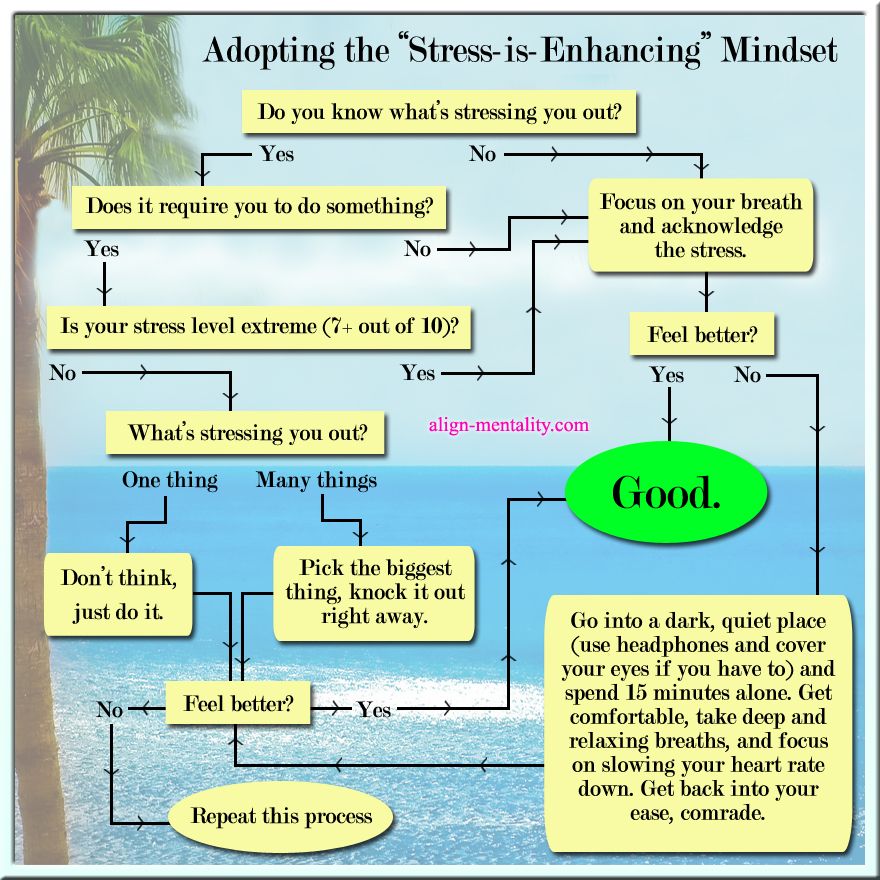
There are many potential causes of vertigo. Some of the more common causes include ear infections, BPPV, and Meniere’s disease.
- Vestibular neuritis is a viral infection of your vestibular nerve and can cause intense vertigo by impairing neural transmissions from your ear to your brain.
- Vestibular labyrinthitis is a viral infection of your inner ear that can disrupt the transmission of neural information between your vestibular system and brain.
- Meniere’s disease is a buildup of fluid in your inner ear that can cause vertigo, hearing problems, or ringing in your ear.
- BPPV is the most common cause of vertigo. It develops when calcium carbonate crystals form inside your semicircular canals and disrupt the neural messages sent to your brain.
- Vestibular migraine refers to an episode of vertigo in people who experience migraine. It’s not clear what causes these episodes, but similar to migraine attacks, stress is thought to be a trigger.
- Cholesteatoma is a noncancerous skin growth most commonly caused by repeated ear infections.
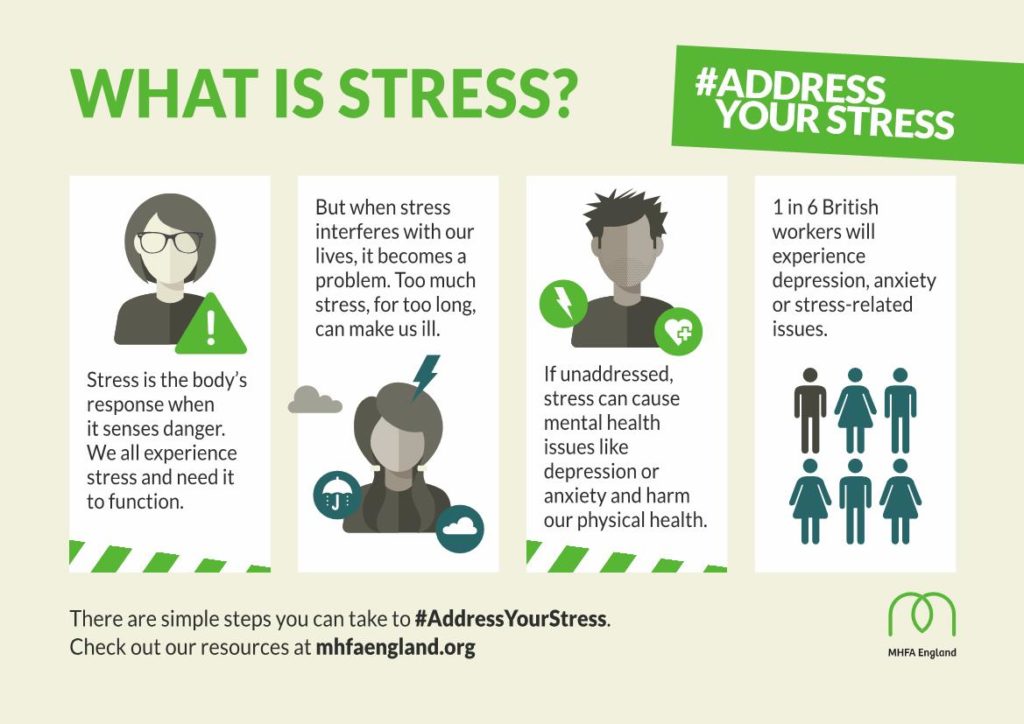 It can cause vertigo if it grows into your inner ear.
It can cause vertigo if it grows into your inner ear.
It’s generally a good idea to see a doctor anytime you’ve been experiencing severe, unexplained, or reoccurring dizziness or vertigo. You should also see a doctor if your dizziness is accompanied by:
- fainting
- seizures
- difficulty breathing
- chest pain
A doctor can diagnose vertigo with the Dix-Hallpike test. They will put you in a position that usually initiates your vertigo and when your symptoms start, they’ll check your eyes for involuntary movements that indicate vertigo.
Stress and anxiety can elevate hormones like cortisol that impair the function of your vestibular system that controls your balance. There are many other causes of vertigo, including inner ear infections and Meniere’s disease.
If your vertigo is reoccurring or severe, you should see a doctor to get a proper diagnosis. They can also recommend the best treatment options.
Causes, symptoms and treatment of vertigo
Vertigo is a misperception of one's body in space.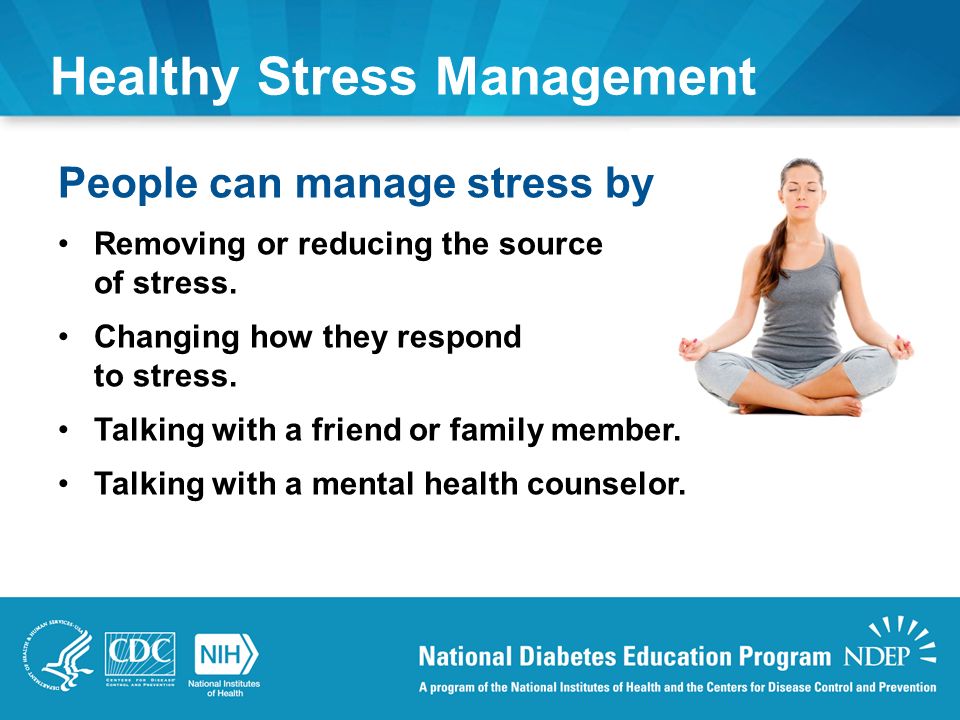 This is a fairly common symptom of both neurological and mental, somatic diseases. An average of 15-35% of the population experiences dizziness in their lifetime. Most often these are people after 60 years - 20%, after 70 - 30% and after 80 - 50%.
This is a fairly common symptom of both neurological and mental, somatic diseases. An average of 15-35% of the population experiences dizziness in their lifetime. Most often these are people after 60 years - 20%, after 70 - 30% and after 80 - 50%.
Regular bouts of dizziness when standing up markedly impair quality of life and can lead to injury due to falling. This is especially dangerous for the elderly. For people of working age, such manifestations in the body often cause a temporary loss of the opportunity to work fully.
Show all
Conventionally, there are 5 main types of dizziness:
- vestibular;
- lipothymic;
- postural;
- cervicogenic;
- psychogenic.
Vestibular vertigo develops due to damage or physiological stimulation of the peripheral vestibular apparatus and central autonomic structures. As a rule, difficulties with orientation in space arise when the head is rotated. All this passes with loss of balance, periodic falls, nausea and other unpleasant manifestations.
As a rule, difficulties with orientation in space arise when the head is rotated. All this passes with loss of balance, periodic falls, nausea and other unpleasant manifestations.
Lipothymic vertigo occurs in pre-syncope after excessive use of insulin or insulinoma. A characteristic symptom is "fog" in the head. A similar condition can occur after taking drugs that depress the central nervous system. For example, tranquilizers.
Postural vertigo is due to various gait disorders.
Cervicogenic dizziness is provoked by diseases of the cervical spine. Dizziness in this pathology is the result of pain and limited mobility of the neck.
Psychogenic dizziness is characteristic of people with neuroses and personality disorders. Such attacks are manifested due to feelings of anxiety, panic attacks in various situations. This type is usually described as a feeling of unsteadiness, the presence of heaviness in the head, a feeling of intoxication. Oscillatory eye movements in this case are absent, but, unlike other varieties, depression may occur afterwards.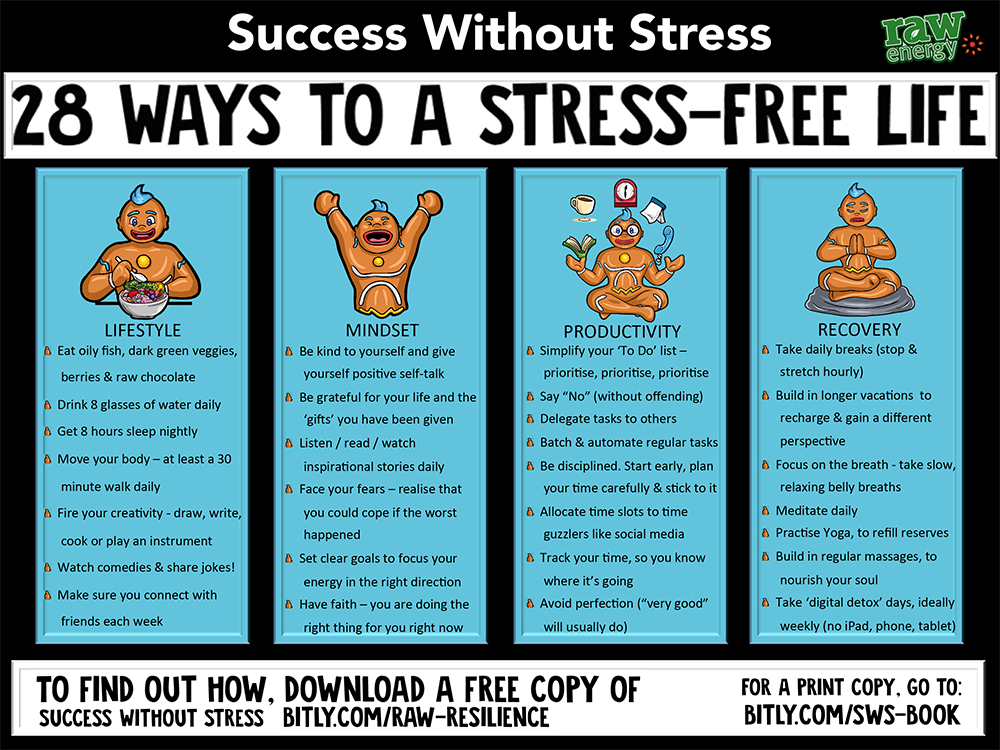 Treatment of dizziness in women and men includes psychotherapy, vestibular exercises, antidepressants.
Treatment of dizziness in women and men includes psychotherapy, vestibular exercises, antidepressants.
SYMPTOMS OF VERTIGO AND BALANCE
People who experience dizziness more often describe their condition as follows:
- sensation of body movement;
- loss of balance and body tilt to one side;
- feeling of tension, constriction in the head;
- fall for no reason;
- unsteady gait or loss of her confidence.
Symptoms may only get worse with changes in body position or head rotation. Dizziness can come on suddenly and be so severe that you have to sit up or lie down abruptly. It can last a day or even several, although it is often limited to a few minutes.
CAUSES OF Dizziness
There are many causes of dizziness, from diseases of the inner ear to taking certain medications. The most serious are determined by pathologies of blood circulation in the brain, as well as tumors or brain damage after falls or strong blows.
In many situations severe vertigo causes diseases of the inner ear, benign paroxysmal positional vertigo, Meniere's disease. Also often the basis is infectious diseases of the ear.
Less common causes are vertebrobasilar insufficiency, stroke or intracerebral hemorrhage, multiple sclerosis, vestibular migraine, acoustic neuroma, orthostatic hypotension, hypoglycemia (low blood sugar), anemia (low iron), medication.
Inner ear infections
Vestibular neuritis and labyrinthitis are disorders that result from infections. They cause inflammation of the inner ear, or the nerve that connects the inner ear to the brain. After that, the transmission of sensory information from the ear to the brain is disrupted. The result is hearing loss and balance problems.
Inner ear infections are caused by viruses or bacteria. You can find out about the presence of viruses in the body by the symptoms of an infection of the internal respiratory tract.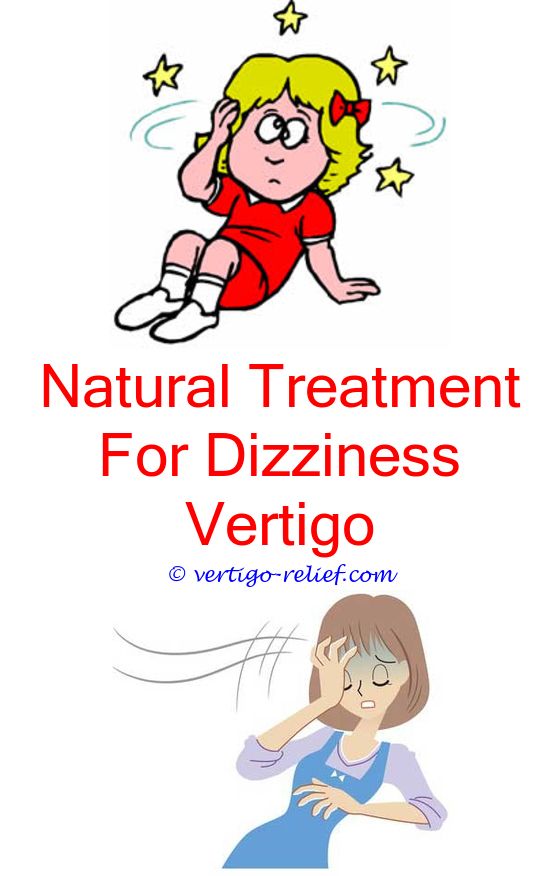 Its manifestations are noted a few weeks before the onset of dizziness. You can get an infection at any age.
Its manifestations are noted a few weeks before the onset of dizziness. You can get an infection at any age.
Anatomy of the ear
The inner ear includes a system of tubes and sacs that are filled with fluid. All this is called a labyrinth, the functions of which are hearing and balance. Sound signals from the labyrinth are transmitted to the brain via the vestibulo-cochlear nerve with two branches. One transmits messages from the organ of hearing, and the other from the organs of balance.
The brain processes balance signals sent through the vestibular nerve from the right and left ear. When one party is infected, it sends false signals. This is how information is presented that does not correspond to reality, which leads to dizziness.
Vestibular neuritis (nerve inflammation) affects the balance branch. This leads to dizziness, a disturbed sense of oneself in space, a sharp movement of the eyeballs with a fast phase, but there is no transformation with hearing.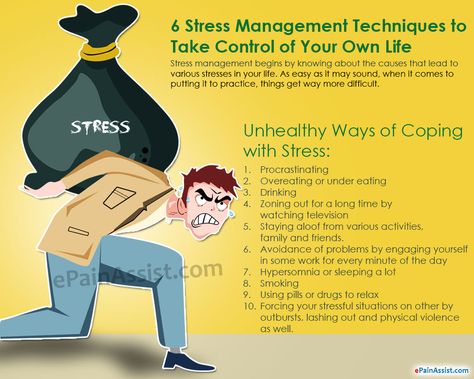 It may seem to a person that objects are moving around, and when performing coordination exercises, he will usually be mistaken.
It may seem to a person that objects are moving around, and when performing coordination exercises, he will usually be mistaken.
Experts also use the term "vestibular neuronitis" (damage to the sensory neurons of the vestibular ganglion). Its symptom is severe, rapidly developing, paroxysmal dizziness. It is often characterized by vomiting, imbalance. Often, the development of symptoms of dizziness is preceded by SARS. Sometimes, a few weeks before the developed clinical picture, patients may notice short bouts of loss of balance.
Labyrinthitis (inflammation of the labyrinth) occurs when the infection affects both branches of the cochleo-vestibular nerve. Then the hearing changes, attacks of dizziness occur. Even with small turns of the head, the symptoms become more pronounced. Therefore, some people are forced to support their heads with their hands.
Benign paroxysmal positional vertigo (BPPV)
BPPV is one of the most common causes of vertigo , which manifests itself with sudden movements and waving the head. The duration of the state is limited to a few seconds or minutes. It occurs when calcium crystals (otoliths) in the inner ear begin to move. Because of this, there is a sensation of rotation of the body.
The duration of the state is limited to a few seconds or minutes. It occurs when calcium crystals (otoliths) in the inner ear begin to move. Because of this, there is a sensation of rotation of the body.
The causes of BPPV are a history of traumatic brain injury, as well as otitis media. Often, the cause of the disease cannot be identified. Then the diagnosis is confirmed by taking a Dix-Hallpike sample. To do this, the patient quickly lies down from a sitting position and slightly lowers his head, turned 45 degrees. The test is positive if, a couple of seconds later, an attack of dizziness and nystagmus occurs.
Between 20% and 28% of patients with BPPV experience spontaneous resolution of symptoms up to a month after the onset of dizziness. The disease is benign and recurs within the first 12 months in only 15% of cases.
Treatment of BPPV
Treatment includes the Epley maneuver. It allows, with the help of head manipulations, to shift the otolith (crystal) into an insensitive zone - the vestibule of the inner ear.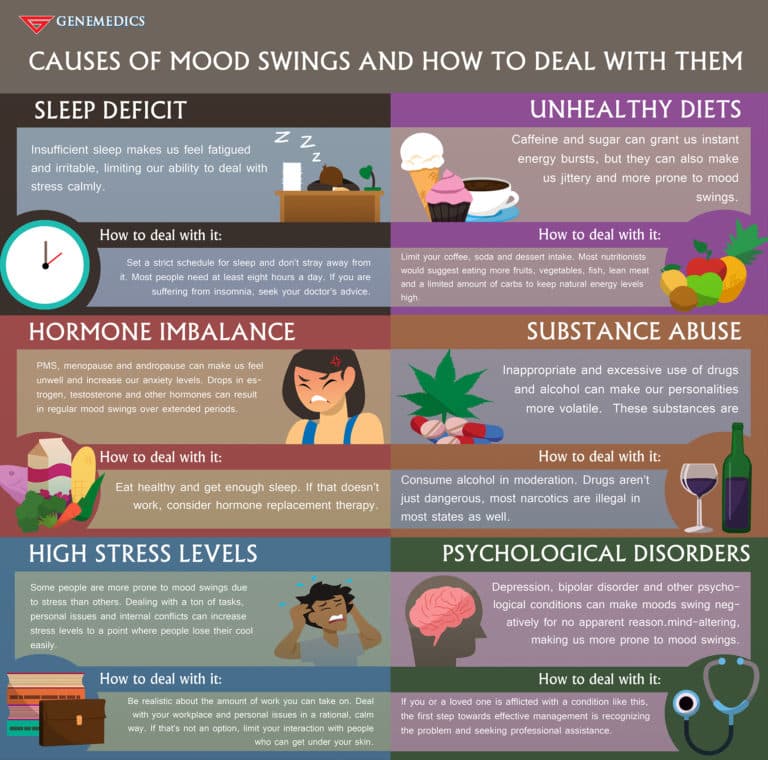
If the effectiveness of such treatment is low, the patient is additionally prescribed a set of exercises to perform at home. This is Brandt-Deroff gymnastics, according to the method of which you need to practice 2-3 times a day from 1 to 3 weeks. Taking medication in this case usually does not give positive dynamics.
Operations are performed when repositioning techniques fail. Surgical interventions carry the risk of complications in the form of injuries of the facial nerve and hearing loss.
Among the possible operations:
- obstruction of the posterior semicircular canal;
- removal of the vestibular nerve;
- labyrinthectomy;
- selective neurectomy.
Meniere's disease
A disease characterized by repeated attacks of rotational vertigo. They last several hours and are not without noise in the ears, their congestion or bursting, as well as hearing impairment.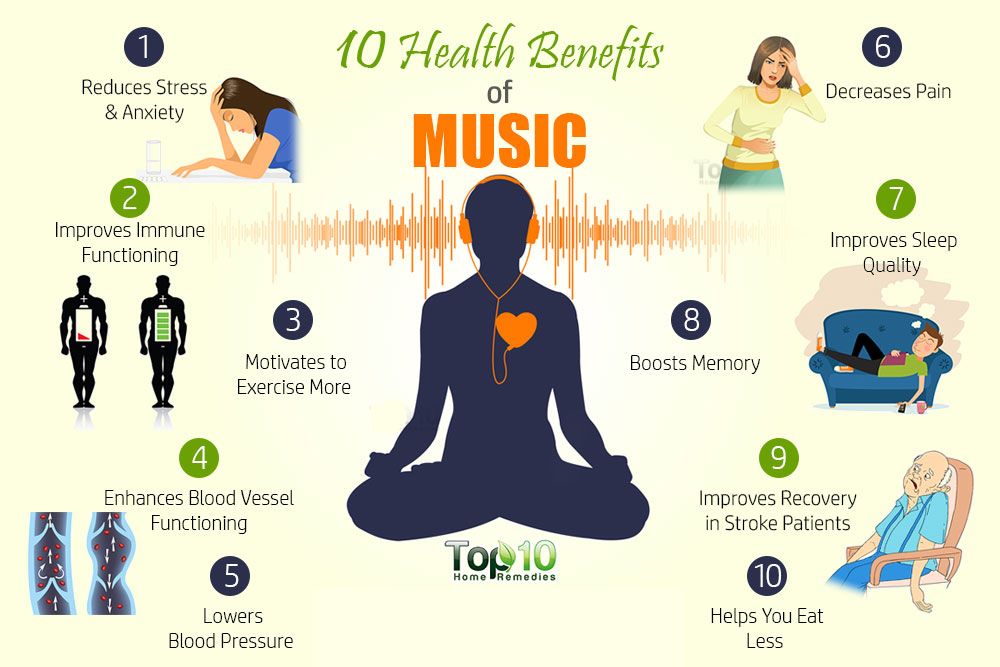 It occurs in about 0.2% of the population, usually in people from 40 to 60 years old. The disease is based on the expansion of the endolymphatic system in the inner ear, which leads to the degeneration of the labyrinth receptors.
It occurs in about 0.2% of the population, usually in people from 40 to 60 years old. The disease is based on the expansion of the endolymphatic system in the inner ear, which leads to the degeneration of the labyrinth receptors.
The disease has the following manifestations:
- dizziness;
- unsteady gait;
- hearing impairment;
- problems with perception of sounds;
- nausea and vomiting;
- ringing in the ears.
Treatment of Meniere's disease
The treatment of an attack is by taking vestibulosuppressive agents. Prevention of the disease necessarily includes a low-salt diet, avoidance of alcohol and caffeine, the use of betahistine and diuretics.
If the chosen therapy does not lead to positive dynamics, more serious treatment is required. These can be injections of drugs directly into the ear or surgery.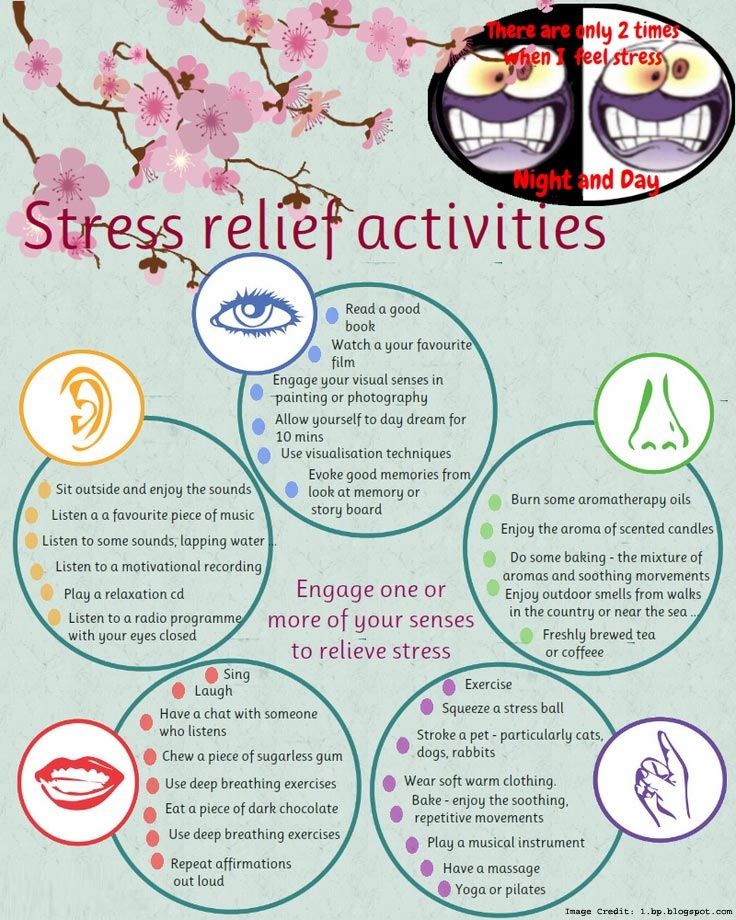
Diagnosis in case of dizziness
In case of dizziness, patients undergo Halmagi tests to determine the level of the vestibulo-ocular reflex. Its violation speaks of central and peripheral lesions.
The Halmagi test does not require the use of additional equipment and lengthy preparation. The patient needs to stop looking at the bridge of the nose of a specialist who sits opposite. At the same time, the doctor holds the patient's head with both hands and turns it from side to side by 15 degrees. With a normal vestibulo-ocular reflex, the eyes remain looking at a given point. If there is a violation, then the gaze turns along with the turn of the head.
Severe dizziness with repeated bouts of vomiting lasts up to 3-4 days, after which the patient improves. Recovery can take up to several months. In older people, it is usually delayed and often incomplete. If positive dynamics is not observed within a month, then an MRI of the brain and audiometry should be performed to rule out Meniere's disease.
WHEN SHOULD YOU SEE A DOCTOR?
The alarm should be sounded if dizziness becomes regular or prolonged. Immediate help is needed if you experience severe dizziness and unsteadiness in combination with the following symptoms:
- sudden headache;
- pain in the retrosternal region;
- labored breathing;
- numbness or weakness of limbs;
- fainting;
- rapid or intermittent heartbeat;
- slow or slurred speech;
- problems with coordination;
- ongoing vomiting;
- convulsions;
- sudden hearing loss;
- numbness or asymmetry of the face.
TREATMENT OF VERTIGO
- Treatment of vestibular neuronitis At diagnosis, the patient is hospitalized, but sometimes outpatient treatment is acceptable.
 In either case, treatment should be aimed at reducing the degree of dizziness, stopping vomiting, and accelerating vestibular compensation. Symptomatic therapy includes the use of vestibular suppressants. When vomiting, injectable forms of drugs are used. The duration of treatment is determined by the complexity of the manifestations of dizziness. However, in most cases they are taken no longer than 3 days. An additional effect is given by a course of corticosteroids and antiviral drugs for middle ear infections. The vestibular apparatus is best stabilized through special gymnastics. At first, it can negatively affect the well-being, but after 2-3 days, therapy should stabilize the condition. You need to repeat gymnastics at least twice a day.
In either case, treatment should be aimed at reducing the degree of dizziness, stopping vomiting, and accelerating vestibular compensation. Symptomatic therapy includes the use of vestibular suppressants. When vomiting, injectable forms of drugs are used. The duration of treatment is determined by the complexity of the manifestations of dizziness. However, in most cases they are taken no longer than 3 days. An additional effect is given by a course of corticosteroids and antiviral drugs for middle ear infections. The vestibular apparatus is best stabilized through special gymnastics. At first, it can negatively affect the well-being, but after 2-3 days, therapy should stabilize the condition. You need to repeat gymnastics at least twice a day. - Tumors of the cerebellopontine angle (acoustic neuroma) Quite a rare cause of vertigo. It manifests itself as a slowly progressive hearing loss and tinnitus. Rotational vertigo is rare, but unsteadiness is often noted. For some time, vestibular disorders may be the only symptom of the disease.
 After that, hearing disorders begin to be observed. People with a similar problem should have an MRI of the brain with IV contrast. This will help check the patient for the presence of a tumor in the posterior cranial fossa. When a tumor is found, patients need to consult a neurosurgeon for referral for surgery.
After that, hearing disorders begin to be observed. People with a similar problem should have an MRI of the brain with IV contrast. This will help check the patient for the presence of a tumor in the posterior cranial fossa. When a tumor is found, patients need to consult a neurosurgeon for referral for surgery. - Vertebrobasilar insufficiency and cerebrovascular diseases It is distinguished by the development of a reversible dysfunction of the brain stem, cerebellum and other structures, which receive blood through the main and vertebral arteries. Ischemic attacks may occur due to violations of their patency. The reason is atherosclerotic changes, vascular hypoplasia. A little less often, inflammation, extravasal compression of the vertebral artery (with a neck injury) or dissection of the artery become a prerequisite. A key cause of loss of coordination during dizziness is a malfunction in the work of small arteries with high blood pressure, diabetes, or two diseases together.
 According to statistics, cerebrovascular accidents account for about 6%. The cause of dizziness at normal pressure can be a malfunction in the functioning of both the labyrinth itself due to problems with blood circulation, and a violation in the area of various brain systems. Most patients with vertebrobasilar insufficiency are diagnosed with other neurological symptoms. Separately, dizziness with problems with blood vessels is very rare. In such situations, further diagnosis is required to remove other concomitant factors. You should not associate bouts of dizziness when changing the position of the head with compression of the vertebral arteries. Often, the rapid development of severe dizziness, along with nausea, vomiting and increased pressure, can be perceived as a signal of the development of a cerebrovascular disease. But usually it rises due to severe dizziness and stress. If a stroke is suspected, a person must be urgently hospitalized for examination and immediate treatment.
According to statistics, cerebrovascular accidents account for about 6%. The cause of dizziness at normal pressure can be a malfunction in the functioning of both the labyrinth itself due to problems with blood circulation, and a violation in the area of various brain systems. Most patients with vertebrobasilar insufficiency are diagnosed with other neurological symptoms. Separately, dizziness with problems with blood vessels is very rare. In such situations, further diagnosis is required to remove other concomitant factors. You should not associate bouts of dizziness when changing the position of the head with compression of the vertebral arteries. Often, the rapid development of severe dizziness, along with nausea, vomiting and increased pressure, can be perceived as a signal of the development of a cerebrovascular disease. But usually it rises due to severe dizziness and stress. If a stroke is suspected, a person must be urgently hospitalized for examination and immediate treatment.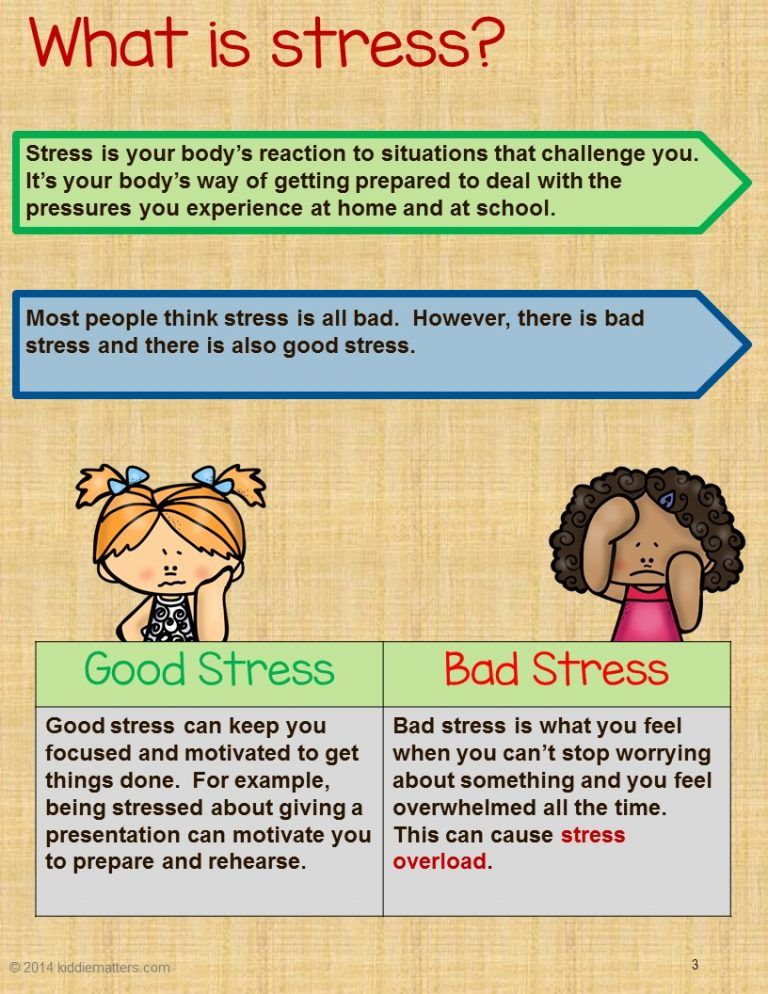 The hospital performs an MRI of the brain, which in a stroke will show a focal lesion of the cerebellum or brain stem.
The hospital performs an MRI of the brain, which in a stroke will show a focal lesion of the cerebellum or brain stem. - Vestibular migraine Vestibular migraine is rarely diagnosed, although it is regarded as a common cause of recurrent non-positional vestibular vertigo. Its manifestations are dizziness of varying severity, combined with migraine and weakness. It can occur both during the migraine attacks themselves, and in the intervals between them. The duration of such attacks - from 3-5 minutes to 2-3 hours, sometimes days. They are not accompanied by noise or ringing in the ears, as well as hearing loss. Such attacks usually recur. The diagnosis of vestibular migraine is made on the basis of the typical clinical picture, as well as in the presence of migraine and after the exclusion of other possible causes of dizziness in women and men. Treatment of the disease, as with ordinary migraine, includes 3 stages: elimination of provoking factors, relief of an attack and preventive measures.
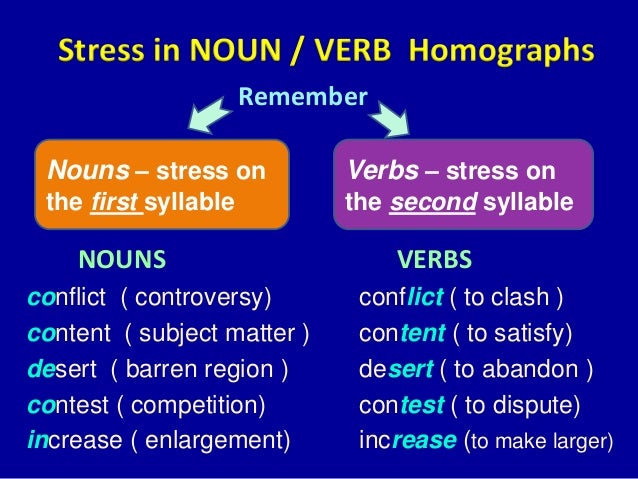 Anti-migraine drugs or analgesics, as well as vestibular suppressants, are taken to eliminate vestibular migraine. Prevention is necessary for regular and severe attacks of vestibular migraine. Then specialists prescribe β-blockers and tricyclic antidepressants.
Anti-migraine drugs or analgesics, as well as vestibular suppressants, are taken to eliminate vestibular migraine. Prevention is necessary for regular and severe attacks of vestibular migraine. Then specialists prescribe β-blockers and tricyclic antidepressants. - Treatment of multiple sclerosis The most important thing in the treatment of this diagnosis is the elimination of life-spoiling sensations and related disorders: difficulties with coordination, hearing or vision. Treatment is determined by the cause of dizziness in men and women and the mechanisms of its development. It is important to guarantee the almost complete independence of the patient in everyday life, try to avoid sources of stress and minimize the risks of falls and injuries. Relief of symptoms includes the use of vestibulolytics. The time of their intake should be short and discussed with the doctor, because the inhibition of nerve formations does not allow compensatory changes to develop. The effectiveness of treatment increases with regular gymnastics, as well as exercises to restore the stable functioning of the vestibular apparatus.
 Therapy is also important to improve coordination, stabilize gait, and develop skills in a person to avoid balance problems in the future. Usually, physiotherapy exercises are used for this, which not only reduces discomfort, but also gives independence when moving.
Therapy is also important to improve coordination, stabilize gait, and develop skills in a person to avoid balance problems in the future. Usually, physiotherapy exercises are used for this, which not only reduces discomfort, but also gives independence when moving.
Demyelinating disorders (multiple sclerosis)
People with demyelinating lesions of the CNS, especially those with multiple sclerosis, may be diagnosed with vertigo. Diagnostic difficulties may occur when dizziness develops at the onset of the disease without other manifestations or with their moderate severity. Dizziness in this case can be of a mixed nature, and also be characterized by a persistent course. To confirm the diagnosis, the patient needs to undergo an MRI of the brain with intravenous contrast.
HADASSAH MEDICAL MOSCOW PERFORMS DIAGNOSTICS AND TREATMENT OF VERTIGO
- CT of the temporal bones and MRI of the brain;
- Ultrasound of neck vessels;
- Audiometry;
- Neurologist appointment;
- ENT doctor's appointment;
- General practitioner appointment;
- Diagnostic tests to verify BPPV and vestibular neuronitis.
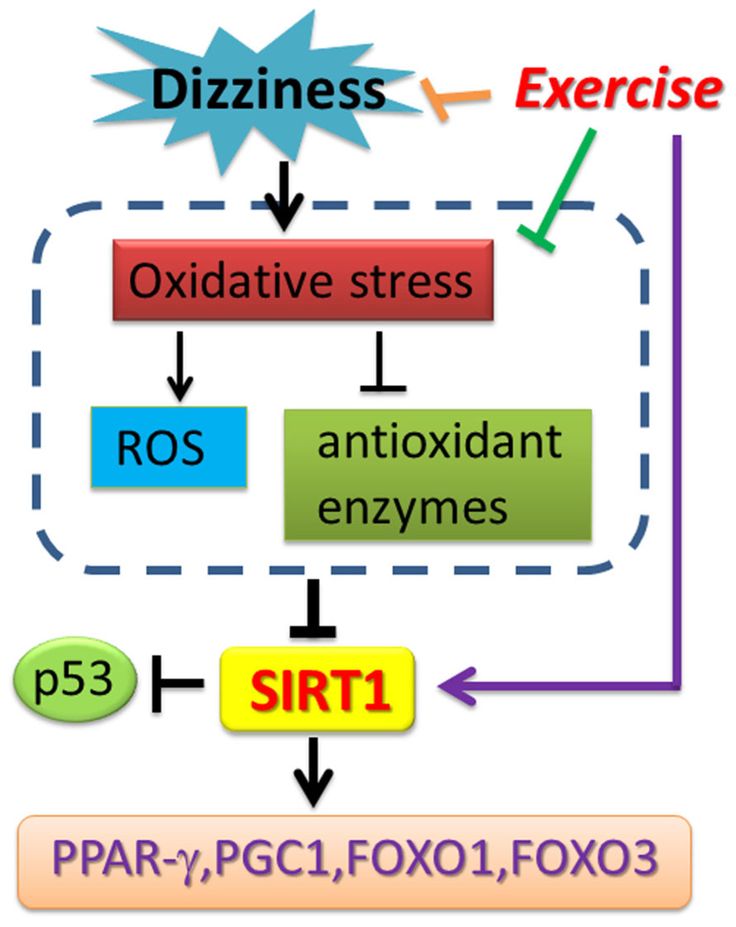
Sources
- Diagnosis and treatment of balance disorders in diseases of the nervous system. Clinical guidelines, Moscow, 2017.
- Jahn K, Kressig RW, Bridenbaugh SA, Brandt T, Schniepp R. Dizziness and Unstable Gait in Old Age: Etiology, Diagnosis and Treatment. Dtsch Arztebl Int. 2015 Jun 5;112(23):387-93. doi: 10.3238/arztebl.2015.0387.
- Neurology: A practitioner's guide / D.R. Shtulman, O.S. Levin. - 6th ed., add. and perab. — M.: MEDpress-inform, 2008. —— 1024 p.
- Brandt T., Dieterich M., Strupp M. Vertigo: per. from English. // M.: Practice, 2009.
- Parfenov V.A., Zamergrad M.V., Melnikov O.A. Dizziness: Diagnosis and Treatment, Common Diagnostic Mistakes: A Study Guide. // M.: MIA, 2009.
- V. Parfenov, N. Bestuzheva. Diagnosis and treatment of dizziness in outpatient practice // Vrach, 2012
- Neurology. National leadership. Brief edition / ed. E. I. Guseva, A. N. Konovalova, A. B. Gekht.
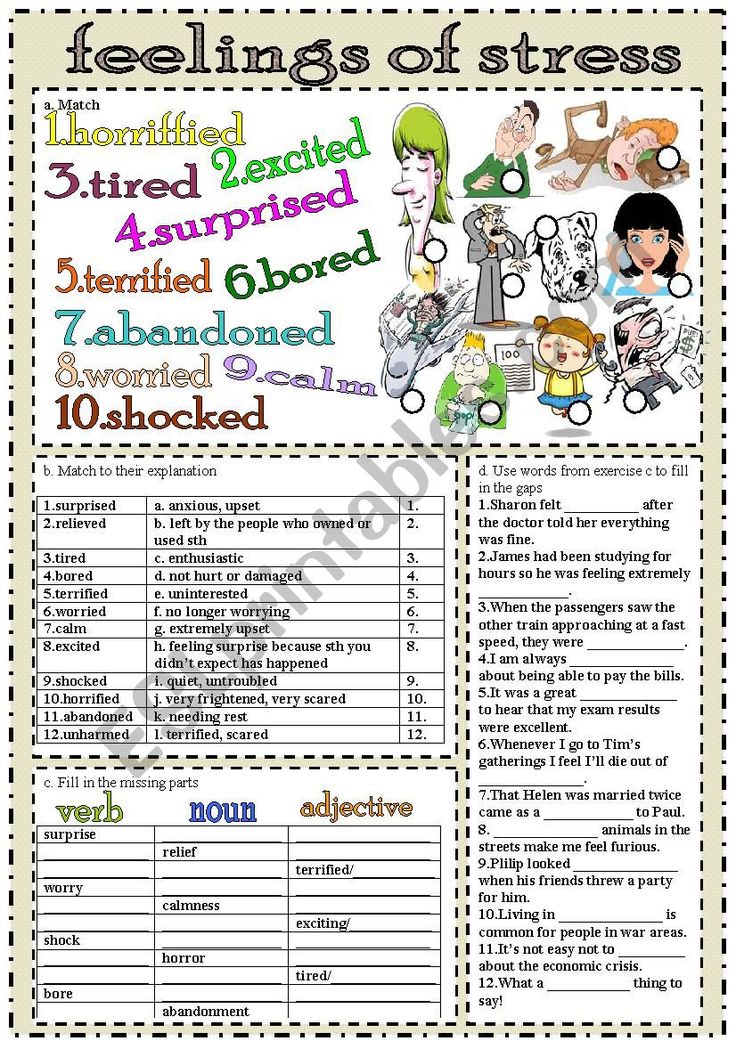 — M.: GEOTAR-Media, 2018 — 688 p.
— M.: GEOTAR-Media, 2018 — 688 p.
#DavidovNR
Davidov
Natan Rashbilovich
Neurologist, Ph.D.
Work experience: 10 years
Published: 04/12/2023
The information provided on the site is for reference only and cannot serve as a basis for making a diagnosis or prescribing treatment. Internal consultation of the expert is necessary.
Neurologists
All doctors Davidov
Natan Rashbilovich
Neurologist, Ph.D.
Work experience: 10 years
Reviews: 2
Visor cost: from 8000 ₽
Sign up for a reception
Luneva
Irina Evgenievna
Neuriological doctor
Work experience: 7
Reviews: 1
Cost cost admission: from 6000 ₽
Make an appointment
Shchepareva
Marina Evgenievna
Neurologist
Work experience: 6 years
Reviews:
Admission fee: from 8000 ₽ 9Ol000
Prices for neurology services
Neurology
| Primary appointment (examination, consultation) with a neurologist | 6,000 ₽ |
| Repeated appointment (examination, consultation) with a neurologist | 5,000 ₽ |
| as part of a medical examination | 3,000 ₽ |
| Appointment (examination, consultation) with a neurologist, PhD, primary | 90 36 90 365 80364 Reception (examination, consultation) of a neurologist, Ph. D., repeated D., repeated | 7 000 ₽ |
| Primary consultation primary | 6 Remote consultation of a neurologist, repeated | 5,000 ₽ |
| Remote consultation of a neurologist, PhD, primary | 8,000 ₽ |
| , repeated | 7 000 ₽ |
| Texide injection type A, 1 bottle (without the cost of the drug) | 8 600 ₽ |
| 14 300 ₽ |
| Remote consultation of a neurologist, rehabilitologist, head of the neuro-rehabilitation unit of the Center for Multiple Sclerosis of the Medical Center named after Mark Chaim Sheba (Tel-Hashomer) 9 (Tel-Hashomer)0366 | 75 000 ₽ | |
| Remote consultation of a neurologist, a leading specialist in the department of children's neurology of the children's hospital Edmond and Lily Safra Khaima Shiba (Tel-Hashomer) Mikhal Tsadok | 55 000 ₽ | . Neurologist, Professor, Head of the Department of Pediatric Neurology at the Edmond and Lily Safra Children's Hospital of the Chaim Sheba Medical Center (Tel Hashomer) Bruria Ben-Zeev Neurologist, Professor, Head of the Department of Pediatric Neurology at the Edmond and Lily Safra Children's Hospital of the Chaim Sheba Medical Center (Tel Hashomer) Bruria Ben-Zeev | 76,000 ₽ |
| Remote consultation of a neurologist, Professor, Head of the Department of Movement Disorders of the Institute of Neurology at the Sourasky Medical Center (Ichilov, Tel Aviv) Tatiana Gurevich Electromyography and Neurophysiology, Department of Neurology, Sourasky Medical Center (Ichilov, Tel Aviv) Vivien Drori | 102,000 ₽ | |
| Remote consultation of a neurologist, epileptologist at the Chaim Sheba Medical Center (Tel Hashomer) Naum Margolin | 10 km from the Skolkovo Innovation Center | 12,500 ₽ |
| Appointment (examination, consultation) with a neurologist at home within 20 km from the Skolkovo Innovation Center | 14 500 ₽ | |
| Reception (inspection, consultation) of a neurologist with a house exit within 30 km from the Skolkovo innovation center | 22 300 ₽ | 5 100 ₽ |
| blockade of the trigger point, 1 zone | 4 200 ₽ | |
| Blockade of trigger points dry, using acupuncture needles | 5 100 ₽ | 10 100 ₽ |
| Focused shock-wave therapy during postoperative restoration (removal of edema, pain, up to 3000 shots) | 10 100 ₽ | |
| Focused shock-wavelength therapy during postoperative recovery during postoperative recovery during postoperative recovery ( over 3000 shocks) | 11 500 ₽ | |
| Focused shock wave therapy in the treatment of trophic skin lesions (one segment) | 10 100 ₽ | |
| Focused shock wave therapy in the treatment of trophic skin lesions (two segments) | 12 900 ₽ |
Benefits of the Hadassah clinic
Our clinic
questions leftLeave your number and we will contact you
By clicking on the button, you agree to the terms of use and processing of personal data
Licenses
Dizziness can be a prophet of various diseases.
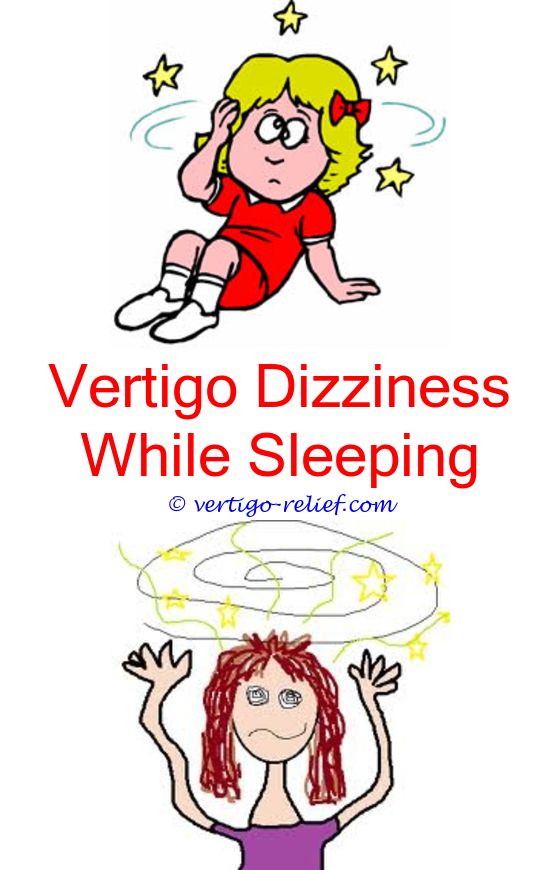
2019.11.06
Vertigo is a condition that creates the illusion of the environment or rotation of the body. There are two forms of this: real dizziness and fake.
In terms of duration, vertigo can be described as either acute or chronic. Acute dizziness lasts from a few seconds to several hours and can last days or weeks. Chronic dizziness is diagnosed when you suffer from it for a month or more.
Dizziness may be accompanied by changes in nausea, vomiting, sweating, pulse rate and blood pressure. This is one of the most common and unpleasant symptoms for doctors, as it occurs with various conditions.
Since it can be a symptom of a number of serious illnesses, people suffering from this disorder are advised to seek treatment from a specialist who, after examining the patient and finding out the cause of the disorder, instead of waiting for the condition to pass.
Common causes of dizziness.
Sometimes dizziness is misleading in terms of general weakness, distraction, fatigue, lack of sleep, or lack of regular exercise.
The causes of dizziness are varied. Often dizziness is also caused by diseases of the brain. These include conditions such as migraine, cerebrovascular disease, epilepsy, or multiple sclerosis.
Dizziness in the head can also be a warning of a serious medical condition such as a cerebrovascular accident, and although a cerebrovascular accident is not a common cause of dizziness, but it is very dangerous, you should contact your doctor immediately if you experience such medical conditions.
False dizziness can also be caused by a malfunction in other body systems: respiratory or heart failure, high blood pressure, or anemia can also be accompanied by dizziness. The head can spin, even if it is practically healthy, due to alcohol, drug poisoning, severe stress, instability, hesitation, or fear of falling. Anxiety dizziness often occurs in certain settings, such as in supermarkets or while driving.
Dizziness, nausea, sweating, hand tremors, rapid pulse, and changes in blood pressure are often associated with both true and false vertigo.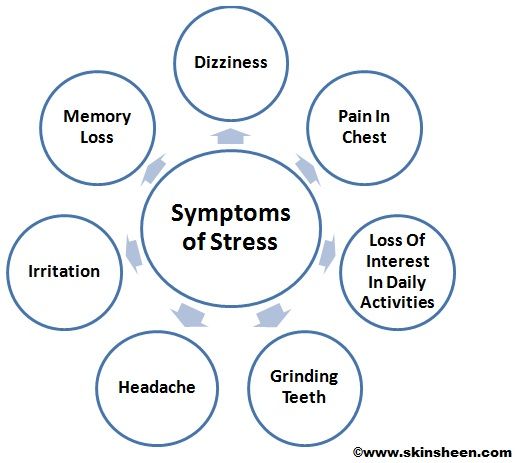
Significantly more frequent dizziness and imbalance in the elderly. They may also experience dizziness due to various medications used to treat other conditions such as prolonged sedation,
medicines that lower your blood pressure or increase your heart rate. As a result, when a person suddenly gets up from a standing or lying position, he becomes dizzy, goes blind and loses consciousness. Sometimes it is enough to give up unnecessary medications and dizziness decreases.
Diagnosis of the cause of dizziness
In the polyclinic, patients with vertigo are examined by the family doctor and then, according to the suspected cause of the vertigo, the patient consults with a specialist. Complaints about "dizziness" are very wide. Therefore, the patient's complaints should first be listened to and analyzed so that we can distinguish between dizziness when everything is spinning around, dizziness, instability, fainting, and the like.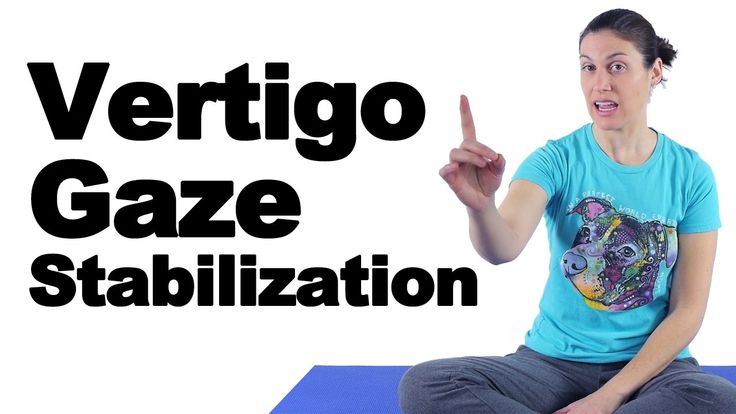 In explaining the possible causes of dizziness, patients are asked if it is difficult for them to get up, walk when they feel dizzy, or maybe they stand like a spinning room, feeling weak. The patient is also asked how often he gets dizzy, how long it lasts. During the examination, the movements of the eyeball, the patient's balance, and coordination are evaluated.
In explaining the possible causes of dizziness, patients are asked if it is difficult for them to get up, walk when they feel dizzy, or maybe they stand like a spinning room, feeling weak. The patient is also asked how often he gets dizzy, how long it lasts. During the examination, the movements of the eyeball, the patient's balance, and coordination are evaluated.
When investigating the cause of dizziness, neurologists or otoneurologists prescribe a video onistagmograph to patients. This is one of the most reliable ways to find out the cause of dizziness. This study evaluates involuntary movements of the eyeball. This helps to more accurately determine the cause of the disorder, find the lesion and the side of the labyrinth or the vestibular nerve of the inner ear.
To understand why a patient is dizzy, doctors always evaluate their balance or coordination.
Videoonistagography - how does it work?
The patient is placed, his head is raised 30 degrees, and special goggles with an infrared camera are put on his eyes. The patient's eye is then illuminated with infrared light in complete darkness. The eye illuminated by the beam is filmed and the image is transmitted directly to the monitor. Color stimulation is used to test eye movements, i.e. y. a stream of warm or cold air blowing into the patient's ear canal for a period of time that causes nystagmus, i.e., y. causes eye movements. When the air stops blowing, eye movements are checked for a set period of time. Eye movements are converted into digital signals, processed by specialized computer programs and presented in the form of standardized graphs, which are then analyzed by a doctor.
The patient's eye is then illuminated with infrared light in complete darkness. The eye illuminated by the beam is filmed and the image is transmitted directly to the monitor. Color stimulation is used to test eye movements, i.e. y. a stream of warm or cold air blowing into the patient's ear canal for a period of time that causes nystagmus, i.e., y. causes eye movements. When the air stops blowing, eye movements are checked for a set period of time. Eye movements are converted into digital signals, processed by specialized computer programs and presented in the form of standardized graphs, which are then analyzed by a doctor.
Dr. Kilda's clinic conducts research using the latest generation VN415 video nystography camera, which uses an ultra-sensitive camera that records every movement of the eye's pupil, resulting in extremely accurate test results.
How is dizziness treated?
Drug vertigo, a vestibulosuppressant, should only be suppressed for very sudden and severe vertigo.